
Don’t just attend the 2021 Northeast HamXposition @ Marlborough MA—BE A PART OF IT! The HamXposition Committee seeks fresh and exciting presentations for this year’s ARRL New England Division Convention, September 10-12, 2021 . We’re looking for talks of both a technical and non-technical nature. As a HamXposition speaker, you will have the opportunity to share your subject and knowledge with Amateur Radio operators from around New England, surrounding states, and Canada.
In addition to forums and workshops throughout the day Saturday and Sunday, we will feature Friday/Saturday evening entertainment.
If you represent a regional club or organization (e.g. YCCC, NEQRP, WRONE, MARS, etc.) we can help facilitate open forums or closed meetings by providing you a meeting space.
Groups who wish to set up information tables should get your requests in early. While the tables are offered without charge, we ask for some volunteer time in return to assist us with ticket sales and other logistics during the convention.
To register as a speaker or presenter, please go to https://hamxposition.org/2021-early-speaker-signup or, email or call us if you have additional questions.
We look forward to meeting all of you at the convention.
73,
Phil Temples, K9HI
Program Chair
HamXposition @ Marlborough
k9hi@hamxposition.org
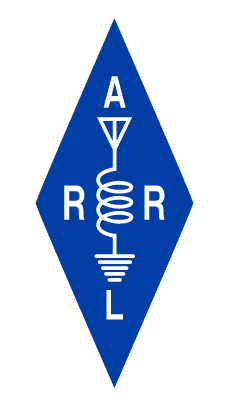
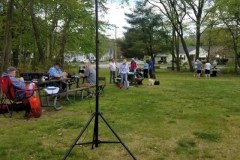
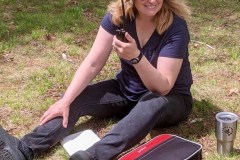
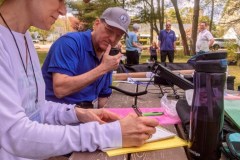
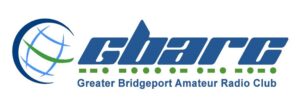 From GBARC
From GBARC 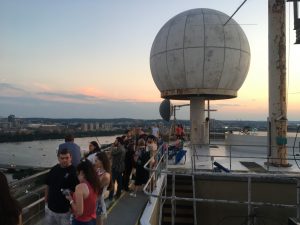 From ema.arrl.org:
From ema.arrl.org: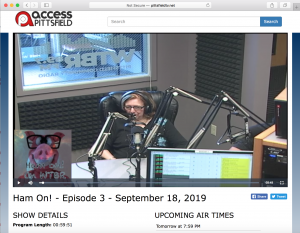
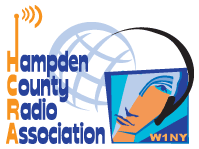 Larry Krainson,W1AST, writes on the WMAFoxHunters list on May 10, 2021 at 3:37 PM:
Larry Krainson,W1AST, writes on the WMAFoxHunters list on May 10, 2021 at 3:37 PM: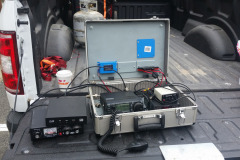
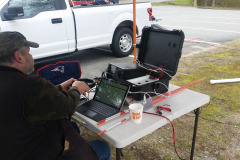
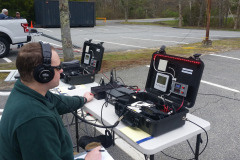
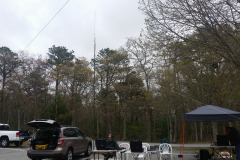
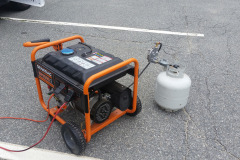
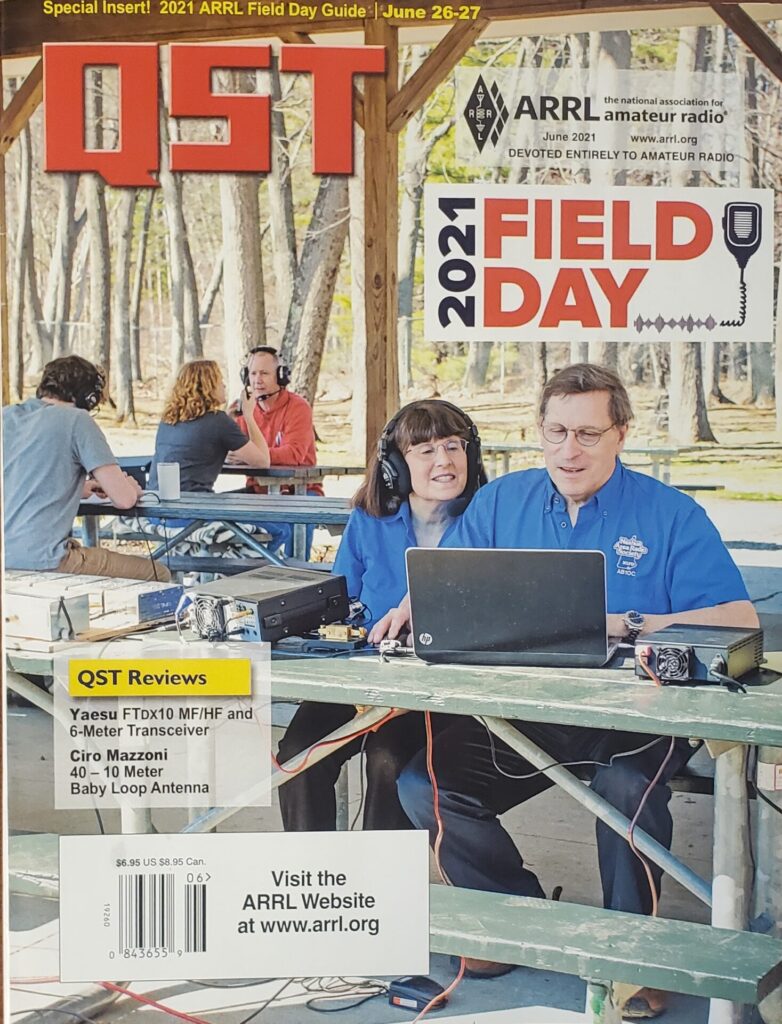
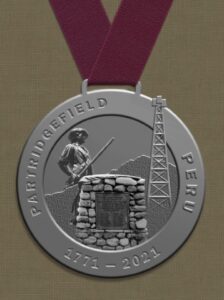 Dave Robbins, K1TTT, writes on the YCCC mailing list:
Dave Robbins, K1TTT, writes on the YCCC mailing list: